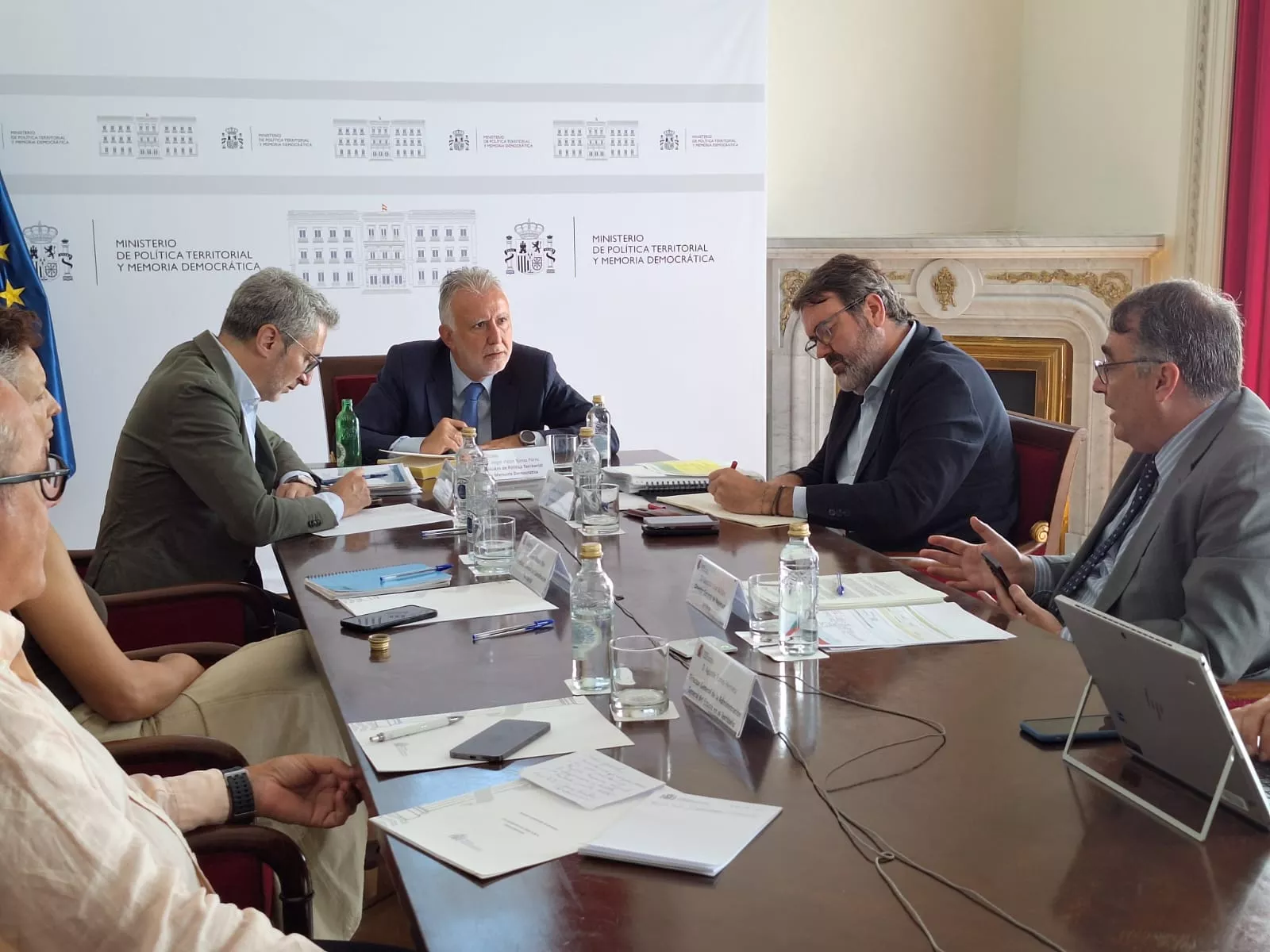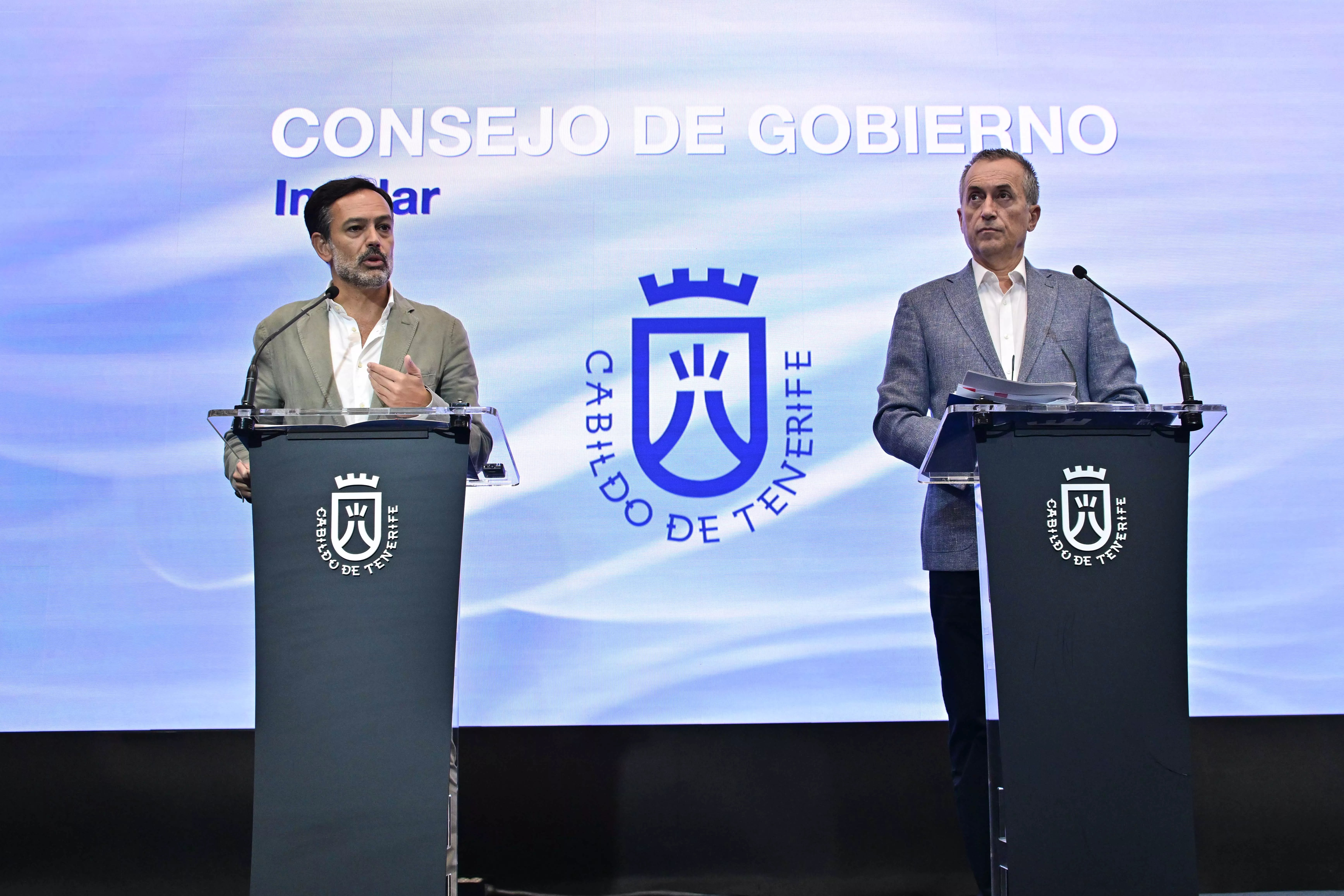Spanish Government Completes Relocation Procedures for Unaccompanied Migrant Minors

Finalising Administrative Processes
The Spanish Government has completed the necessary administrative procedures for the relocation of the first unaccompanied migrant children and adolescents who arrived on Spanish shores following the declaration of a migration emergency in Ceuta, Melilla, and the Canary Islands. This process is part of Royal Decree Law 2/2025, which modifies Article 35 of the Immigration Law.
On Tuesday, a meeting was held, chaired by the Minister of Territorial Policy and Democratic Memory, Ángel Víctor Torres. It included participation from the Secretaries of State for Territorial Policy, Arcadi España, and Youth and Childhood, Rubén Pérez. Also present were the Government Delegates in Melilla, Sabrina Moh; in Ceuta, Cristina Pérez; the Deputy Delegate in Las Palmas, Teresa Mayans; and the Deputy Delegate in Santa Cruz de Tenerife, Javier Plata. The meeting also included the General Secretary of Territorial Coordination, Miryam Álvarez; the Director General of AGE in the Territory, Agustín Torres; and the Director General of Autonomous and Local Legal Regime, Gonzalo Díaz.
Upcoming Meetings
The Government Delegates in Ceuta and Melilla are scheduled to meet tomorrow with representatives from the governments of both autonomous cities and the Public Prosecutor’s Office. The aim is to finalise the relocations once the destination autonomous communities have been assigned. Furthermore, the central government plans a meeting in the Canary Islands, where the first minor recorded after the emergency declaration arrived on 11 September.
Relocation Mechanisms
The Royal Decree Law establishes two distinct mechanisms: a 15-day administrative period for minors arriving after the declaration of the migration emergency, and a four-month period for those who were already in the border territories beforehand.
Ongoing Procedures
In recent weeks, government delegations and sub-delegations have engaged in management, coordination, and monitoring meetings regarding the cases, alongside carrying out necessary procedures. These include registering the minors in the Register of Unaccompanied Foreign Minors by the National Police, proposing the designated autonomous community, interviewing the minors, requesting reports from the community or autonomous city of origin, and informing the Public Prosecutor’s Office, among other activities.















